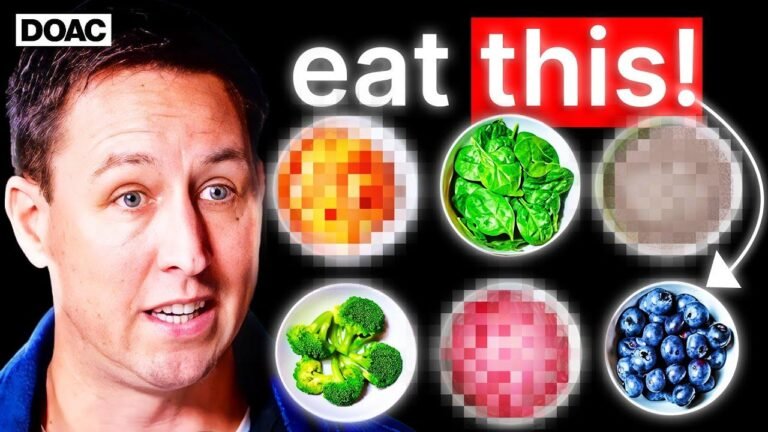10 Signs that You’re Consuming an Excessive Amount of Fat
- Eating too much fat does NOT cause weight gain, it’s the combo of high carbs and high fat that’s the problem. 🍔🍟
- You won’t get tired from eating fat, it’s the overeating that makes you sleepy after a big meal. 😴
- High fat diets don’t cause heart disease, it’s the carbs and insulin resistance that are the real culprits. ❤️
- Eating too much fat can lead to diarrhea, floating stool, burping, and gallbladder pain. 💩🤢🤒
- If you eat too much fat, you may stop losing weight, even on a keto diet. 🛑🚫
Fat can be a tricky thing when it comes to consuming a healthy diet. Let’s dive into the 10 signs that could indicate you’re eating too much fat.
🍔 False Myths
Before we get into the actual signs, let’s tackle some false myths that are often associated with eating too much fat. These false myths can lead to misconceptions about fat consumption and health.
1. Weight Gain Misconception
The idea that eating too much fat causes weight gain is false. In reality, fat does not trigger insulin, which is the hormone that causes fat storage. It’s the combination of high carbohydrates and high fat that leads to weight gain, not fat alone.
2. False Fatigue After Eating
Contrary to popular belief, it’s not the fat in your meal that makes you tired after eating. The real culprit is the combination of high fat and high carbohydrate meals that lead to increased blood sugar and insulin resistance, resulting in fatigue.
💡 True Signs of Eating Too Much Fat
Now that we’ve debunked some myths, let’s explore the actual signs that may indicate you’re eating too much fat.
3. Diarrhea
A sign that you may be consuming excessive fat is experiencing diarrhea, especially if your gallbladder is unable to release enough bile to emulsify the fat.
| Sign of Eating Too Much Fat: Diarrhea |
|---|
| Experiencing diarrhea after meals may indicate an overload of dietary fat. |
4. Floating Stool
If your stool consistently floats after bowel movements, it may be a sign of insufficient bile to break down the fat or inadequate fat-digesting enzymes, indicating excessive fat consumption.
5. Burping and Bloating
Burping, bloating, and indigestion can be symptoms of gallbladder issues, as insufficient bile release leads to difficulty in properly digesting fat.
6. Shoulder Pain
Pain in the right shoulder area could be a sign of gallbladder congestion or issues, indicating an imbalance in fat consumption.
| Sign of Eating Too Much Fat: Shoulder Pain |
|---|
| Pain in the right shoulder area may indicate gallbladder congestion, linked to excessive fat intake. |
7. Gallbladder Pain
Experiencing specific pain in the area where the gallbladder is located could be a direct indication of gallbladder issues due to excessive fat intake.
8. Weight Loss Plateau
If you find yourself unable to lose weight despite following a high-fat diet, it could be a sign that your body is not burning off stored fat due to excessive dietary fat consumption.
9. Gastrointestinal Distress
Persistent gastrointestinal discomfort after consuming high-fat meals suggests an imbalance in fat intake and digestion, leading to health issues.
10. Challenges with Ketosis
Struggling to enter or maintain ketosis despite a high-fat, low-carb diet may indicate an excessive fat intake, hindering your body’s ability to burn stored fat for energy.
In conclusion, understanding the signs of excessive fat consumption is crucial for maintaining a balanced and healthy diet. It’s essential to monitor your fat intake and listen to your body’s signals to ensure optimal health and well-being. Remember that a balanced approach to fat consumption is key for overall health.
📌 Key Takeaways
- Excessive fat consumption can lead to various digestive and health issues.
- Understanding the signs of excessive fat intake is essential for maintaining a balanced diet.
- Striking a balance between fat consumption and overall nutrition is crucial for optimal health.
- Monitoring your body’s response to dietary fat can help you make informed choices for your well-being.







